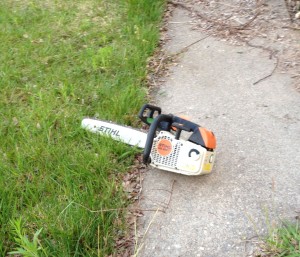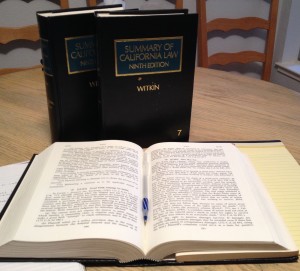Proving “Causation” in Premises Liability Cases
ELEMENTS OF A PREMISES LIABILITY CLAIM
The four elements of a prima facie case for premises liability are:
– A legally recognized duty on the part of the landlord or property owner;
– A legally recognized breach of that duty;
– Causation; and
– Resulting damage or injury to the plaintiff.
PROVING CAUSATION REQUIRES MORE THAN SIMPLY ESTABLISHING DAMAGES
In premises liability actions, the plaintiff must demonstrate an actual causal connection between the defendant’s breach of duty and the harm or damage the plaintiff suffered. Generally, this requires the plaintiff to demonstrate that the defendant’s breach of duty was a “substantial factor” in causing the harm to the plaintiff. In addition, there must be no legal rule or defense excusing the defendant’s conduct or relieving the defendant of liability for the breach of the relevant duty.
Causation requires more than merely proving that harm was “foreseeable” or likely to result from the defendant’s conduct. Moreover, the rule that the plaintiff must prove causation exists even in cases of negligence per se, where the law creates a presumption regarding the defendant’s duty and/or breach. Even in these cases, the plaintiff must still prove that the defendant’s breach of duty was the actual and proximate cause of the harm–in other words, that without the defendant’s actual, specific breach of the duty at issue, the plaintiff would not have suffered the injury or damage.

Is leaving a chainsaw unattended negligence? The facts will tell…
IN SOME CASES, THE PLAINTIFF CAN ARGUE “INFERRED CAUSATION” THROUGH THE DOCTRINE OF RES IPSA LOQUITUR.
“Res ipsa loquitur” is a legal doctrine which allows the court to infer (essentially, to assume) that negligence and causation exist, based on a specific, legally mandated set of circumstances. Res ipsa loquitur is a Latin term meaning “the thing speaks [for itself]” – in legal parlance, it refers to a set of circumstances which only occur in a situation where negligence occurs.
In order to benefit from the rule of res ipsa loquitur, a plaintiff must prove:
1. The accident or harm which occurred to the plaintiff does not happen unless someone behaves negligently.
2. The defendant was in control over the circumstances surrounding the harm and/or the thing(s) which caused the injury.
3. The plaintiff did not share in the blame or contribute to the accident (or the plaintiff’s own injuries) in any way.
Plaintiffs can prove these elements using facts or by expert testimony. In some cases, the law may help as well, by creating statutory duties and statutory definitions of activities which automatically constitute negligence. However, res ipsa loquitur cases are rare, and plaintiffs should not expect to rely on this doctrine in proving causation.
***
If you believe you have a claim against a property owner, or someone in possession and control of property, consult an attorney promptly. Delay could damage your claims and legal rights. If you’re a landowner uncertain about the nature and extent of your legal obligations to repair, maintain, and warn, either with regard to adults or for minors, consult an attorney for an individual evaluation of your rights and obligations.
***
DISCLAIMER: This article is intended for informational purposes only, does not constitute legal advice to any person or entity, and does not create an attorney-client relationship with any person or entity. Premises liability is a complex legal topic, and no single article can provide complete or comprehensive coverage or information about this or any other legal topic or issue. Your personal liability may differ, based on your individual facts and circumstances. If you believe you have a legal claim or issue, or wish to know more about your individual rights, consult an experienced attorney without delay.















